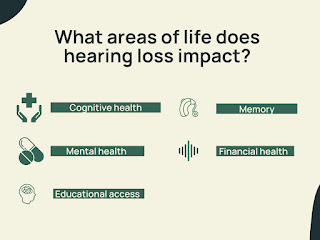You know, a lot of folks get exercise all wrong as they age. It's like they just stop altogether, thinking it's the right thing to do. But that's one of the worst things you can do to your body, especially when you need exercise more than ever. Our bodies tend to break down muscle and connective tissue as we get older, and if you just sit around, you're setting yourself up for immobility.
But hey, if you're already over 50, don't sweat it. You can still take control and avoid those nasty outcomes. So, let's chat about what exercises you should be including in your routine to keep things running smoothly.
First up, we've got aerobics. Or as some like to call it, cardio. This type of exercise is crucial at any age, but it's even more important as we get older. Aerobics help keep your heart, lungs, and brain in good shape. Now, there are tons of aerobic exercises to choose from, but it's wise to start with low-impact ones to protect your joints. Think of it as easing into a warm bath rather than jumping into a cold pool.
Some great aerobic exercises to consider are swimming, cycling (and yes, stationary bikes count too), walking, and jogging. Each of these will get your heart pumping without putting too much strain on your joints.
Next, let's talk about strength training. I know, when you hear that term, you might picture bodybuilders and think, "That's not for me." But strength training is about so much more than bulking up. Your body needs resistance to stay functional. Regular weight training can significantly reduce your risk of fractures, pain, and immobility due to muscle atrophy.
You don't have to start lifting heavy weights right away. Begin with basic strength training using your body weight. As you get stronger and more comfortable, you can add some weights. Some essential movements to include are squats, bench presses, push-ups, pull-ups (or assisted pull-ups), lat pull-downs, shoulder presses, deadlifts, triceps presses, and dumbbell curls. If you have joint issues, you can always substitute exercises. For instance, if squats are tough on your knees, leg extensions can be a good alternative.
Now, flexibility training is often the most underrated part of any exercise routine. It's like the insurance policy for your body. Sure, you might not see immediate benefits, but flexibility training can prevent immobility and injury in the long run.
For folks over 50, flexibility training offers some fantastic perks. It can reduce pain after your workouts because it helps your muscles elongate back to their normal state without stressing your connective tissue. It also helps with balance, which often deteriorates with age due to muscle loss and stiff joints. Flexibility training can help you stay steady on your feet.
To get the most out of flexibility training, include dynamic stretches before your workouts to loosen up your muscles and connective tissue, reducing the risk of injury. Then, after your workout, do some static stretches to relieve muscle tension. This will help stretch the muscle fibers and ease any post-workout pain.
In the end, a well-rounded exercise plan should include elements of aerobics, strength training, and flexibility exercises. This combination will help keep your joints, heart, and muscles in top shape, ensuring you stay mobile and healthy for the long haul.





















